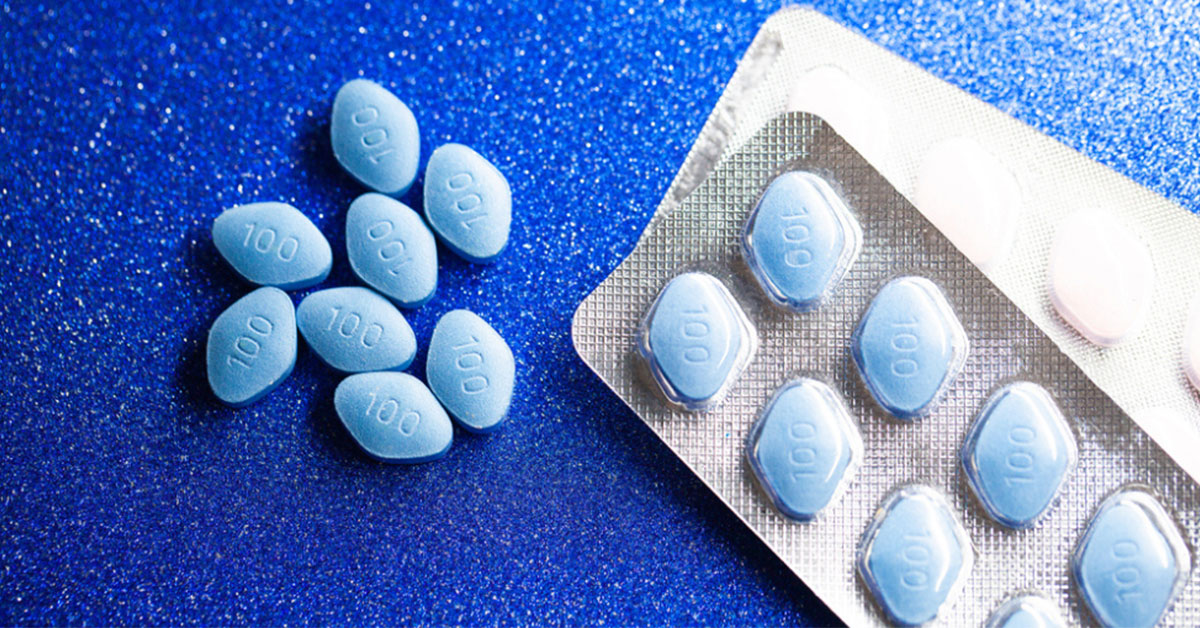Erectile dysfunction (ED), often associated with older men, is increasingly affecting younger individuals. This article explores the factors contributing to this trend, its psychological impact, and available solutions.
What is Erectile Dysfunction?
ED refers to the inability to achieve or maintain an erection sufficient for sexual intercourse. While occasional difficulties are normal, persistent problems require attention.
How Common is ED in Younger Men?
Contrary to the common perception, studies indicate that approximately 26% of men under 40 experience some form of ED.
Why is ED on the Rise in Younger Men?
- Stress & Anxiety: Modern life, with its pressures, fuels stress and anxiety, impacting testosterone levels and sexual performance.
- Mental Health: Conditions like depression and anxiety, along with medications for these conditions, can significantly affect sexual function.
- Lifestyle Factors:
- Smoking: Constricts blood vessels, hindering blood flow to the penis.
- Excessive Alcohol: Impairs the nervous system and sexual function.
- Drug Use: Many recreational drugs have negative effects on erections.
- Poor Diet: Unhealthy diets contribute to poor circulation and reduced energy levels.
- Sedentary Lifestyle: Lack of exercise increases the risk of obesity and cardiovascular problems, both linked to ED.
- Porn-Induced Erectile Dysfunction (PIED): Excessive pornography consumption can desensitize the brain, making it difficult to achieve arousal during real-life sexual encounters.
- Hormonal Imbalances: Low testosterone levels, often due to stress or medical conditions, can reduce sexual desire and performance.
- Medical Conditions: Diabetes, high blood pressure, and sleep disorders can also contribute to ED in younger men.
The Psychological Impact
ED can have a significant psychological impact on younger men, leading to:
- Feelings of inadequacy and self-doubt
- Anxiety and fear of intimacy
- Avoidance of relationships
Addressing Erectile Dysfunction
- Healthy Lifestyle:
- Quit smoking and limit alcohol.
- Maintain a balanced diet.
- Engage in regular exercise.
- Stress Management:
- Practice mindfulness or meditation.
- Seek professional help for mental health concerns.
- Limit Pornography Use:
- Reduce consumption to retrain the brain to respond to real-life sexual experiences.
- Address Medical Conditions:
- Consult a doctor for diagnosis and treatment of underlying medical issues.
- Communication:
- Open communication with your partner can alleviate pressure and foster intimacy.
When to See a Doctor
If ED persists despite lifestyle changes, consult a healthcare professional for evaluation and appropriate treatment.
Conclusion
ED in younger men is a growing concern. By understanding the contributing factors and implementing lifestyle changes, along with seeking professional help when needed, younger men can effectively address this issue and improve their overall sexual health and well-being.
This revised version aims for:
- Conciseness: More direct and to-the-point language.
- Clarity: Improved flow and readability.
- Focus: Prioritizing key information and avoiding redundancy.
I believe this version effectively conveys the core message while maintaining a professional and informative tone.










